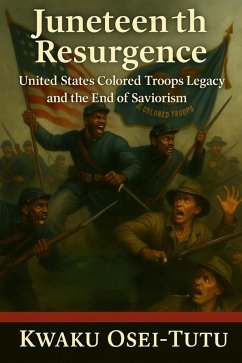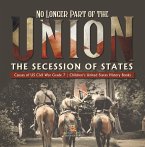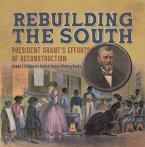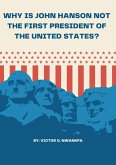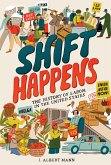When Major General Gordon Granger arrived in Galveston on June 19, 1865, he was met with an unexpected sight-numerous units of Black soldiers from the United States Colored Troops (USCT) already stationed in the city. To his astonishment, and perhaps chagrin, several thousand more arrived that very day, dramatically shifting the composition of Union forces in Galveston within a mere 24 hours. "Juneteenth Resurgence: Legacy of the USCT" delves into this pivotal yet vastly underrepresented moment in American history. While popular narratives glorify President Lincoln's Emancipation Proclamation and General Granger's subsequent orders, they often overlook the true enforcers of emancipation-the thousands of African American soldiers whose presence and persistence truly embodied the promise of freedom. Through vivid accounts and meticulous research, this book corrects the historical oversight, bringing to light the courage and determination of the USCT soldiers. It challenges the conventional narratives that have long overshadowed their contributions, offering a more inclusive recount of what truly happened on that historic day. Beyond the battlefield, Juneteenth Resurgence traces the evolution of Juneteenth-from a grassroots commemoration to a federally recognized holiday. It explores the cultural traditions that shaped its celebrations, the legislative struggles that secured its place in national memory, and its continuing impact on American society. This book invites readers to engage not only with the history but with the living legacy of a day that redefined freedom. This updated and expanded edition also examines the political landscape following the Trump era, the rising momentum of Pan-Africanism and global Black unity, and the enduring leadership of Black women in sustaining community resilience. It offers a clear strategy to safeguard Juneteenth against commodification, appropriation, and the subtle erasure efforts of those who would seek to distort or destroy its meaning.
Dieser Download kann aus rechtlichen Gründen nur mit Rechnungsadresse in A, B, CY, CZ, D, DK, EW, E, FIN, F, GR, H, IRL, I, LT, L, LR, M, NL, PL, P, R, S, SLO, SK ausgeliefert werden.

